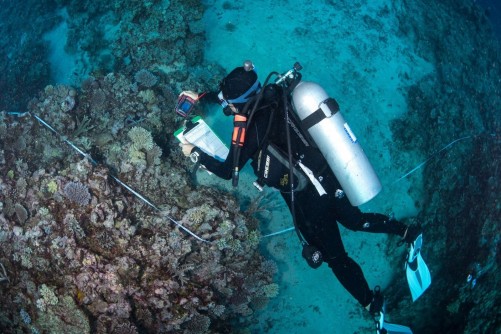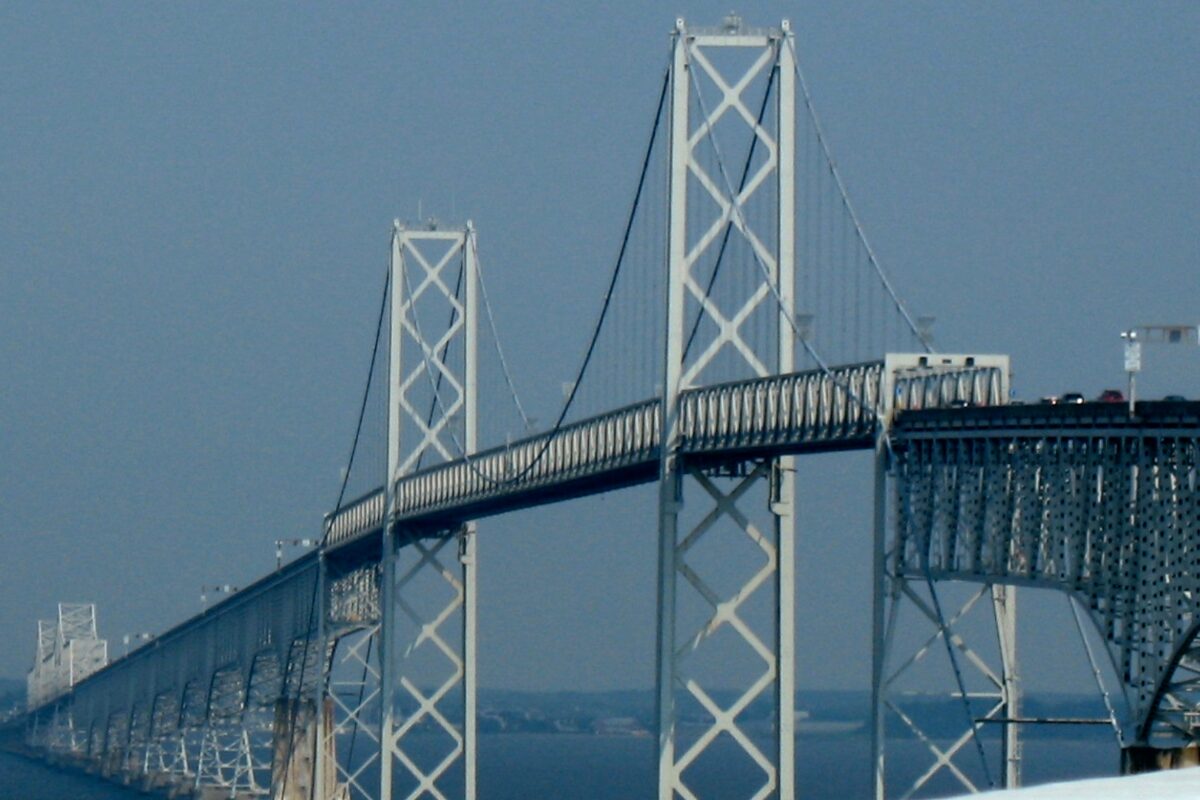UPDATE: The Wildlife Conservation Society (WCS) has just been awarded up to $2 million by the Bezos Earth Fund to develop groundbreaking AI solutions aimed at safeguarding the world’s coral reefs. This funding is part of the Bezos Earth Fund’s AI for Climate and Nature Grand Challenge, announced on October 23, 2025, which highlights urgent efforts to combat environmental crises such as biodiversity loss and climate change.
This funding will propel WCS’s innovative project to utilize artificial intelligence and citizen science to monitor and protect coral ecosystems globally. The initiative targets the identification of the planet’s most climate-resilient reefs, crucial for supporting biodiversity and coastal communities while contributing to the global 30×30 conservation goals.
“This award helps us turn AI innovation into real-world conservation impact,” stated Dr. Emily Darling, Director of Coral Reef Conservation at WCS. She emphasized the importance of engaging divers and citizen scientists in efforts to map and protect these vital ecosystems, stating,
“With support from the Bezos Earth Fund, we’re advancing foundational AI models for coral reef monitoring.”
Launched in 2024, the Bezos Earth Fund’s initiative has a total budget of $100 million to harness AI technologies in addressing the dual challenges of climate change and biodiversity loss. The program connects innovators with resources and mentorship from leading tech companies, including AWS, Google.org, and NVIDIA Corporation.
The WCS project, known as MERMAID AI, is set to enhance coral reef monitoring and policy impact across more than 50 countries. Kim Fisher, Lead Software Engineer for MERMAID, explained the project’s goals:
“Our goal is to make advanced AI tools accessible to every scientist and diver working to protect coral reefs.”
Over the next two years, MERMAID AI will integrate global citizen science apps for divers, develop an open-source AI model capable of identifying over 100 coral species, and produce real-time maps of climate-resilient reefs. These advancements will empower local scientists, communities, and governments with the critical data needed to protect reefs that sustain fisheries, biodiversity, and climate adaptation.
Dr. Stacy Jupiter, Executive Director of WCS’s Global Marine Program, added,
“Our science is already showing that there are coral reefs around the world that can withstand even extreme climate impacts.”
She expressed enthusiasm for leveraging cutting-edge technology to identify these high-integrity, climate-resilient reefs for targeted conservation efforts.
WCS is renowned for its extensive conservation work, operating in more than 50 countries, and protecting over 50 percent of Earth’s known biodiversity. With this new funding, WCS aims to lead the way in utilizing technology for impactful conservation, reaching millions and inspiring future generations to care for our planet.
For more information, visit WCS’s newsroom at newsroom.wcs.org and follow them on social media at @WCSNewsroom.







